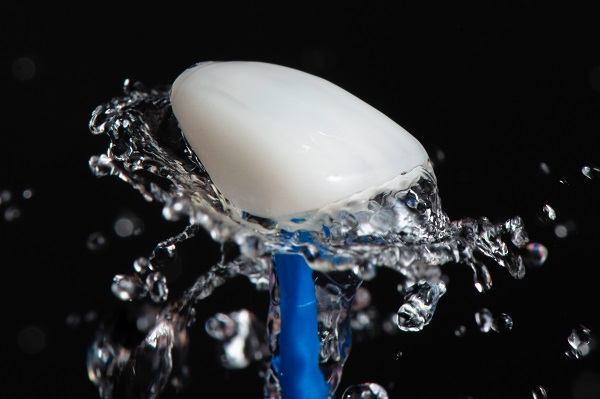3 FAQs About Dental Veneers

Thinking about choosing dental veneers as one of your cosmetic treatments? According to Healthline, dental veneers are thin, tooth-colored shells that are attached to the front surface of teeth to improve their appearance. This means veneers can be used to hide a number of tooth imperfections.
About cosmetic dentistry services
Want to learn more about dental veneers so you can understand whether or not this cosmetic dentistry option is right for you? Veneers are one of the more popular types of dental cosmetic options people are choosing nowadays as they are very versatile when it comes to improving the appearance of teeth. They can last upwards of 25 years with proper care, making them a long-lasting cosmetic solution. Since it is important to understand how veneers are placed, learning about the procedure before making a choice is necessary.
3 FAQs about the veneers procedure
The list below delineates three of the more frequently asked questions people have about the procedure required to place one or more dental veneers.
1. How are veneers attached to the teeth?
The fact that dental veneers are a cosmetic option that covers up a number of tooth imperfections makes one wonder how dentists attach veneers to a tooth. Attaching veneers requires a dentist to roughen up the enamel of the tooth gently and carefully, as this helps create the adhesive surface required for veneers to properly stay in their place. Next, the custom-made veneer will be attached to the tooth using a dental bonding material, completing the dental veneer placement process.
2. Does placing veneers on teeth hurt?
No, the placing of dental veneers procedure is one that does not cause patients any pain. Although it is important for patients to understand that once their veneers have been placed, they may experience some minor discomfort or some tooth sensitivity for three to four days after the procedure has been performed. Even though patients can expect to experience a little bit of discomfort or sensitivity for a few days, this should not stop them from choosing this minimally invasive cosmetic procedure.
3. How long does it take to place a veneer?
The procedure of placing a veneer on a tooth tends to take somewhere between 45 and 60 minutes to complete. While the actual placement process does not take very long to perform, it does require patients to make two separate dental visits. The first visit is when a tooth is prepared for the veneer and an impression is taken of their teeth. The second visit is when the actual placement procedure is performed.
Are veneers the right choice for you?
Anytime someone chooses to cosmetically improve their smile, understanding any necessary procedures is one of the first things that needs to be done. Placing veneers is a fairly simple procedure that often only requires two dental visits, making this a popular procedure for anyone who is interested in improving or restoring their smile.
Request an appointment here: https://www.yourfamilysmiles.com or call Family Dental Care of Chicago at (773) 250-1194 for an appointment in our Chicago office.
Check out what others are saying about our dental services on Yelp: Veneers in Chicago, IL.
Recent Posts
Dental veneers allow individuals with cosmetic imperfections and abnormalities to improve their teeth, which leads to an enhanced smile. They have become one of the most popular treatment options, as the procedure is relatively straightforward with little to no discomfort. Additionally, veneers are long-lasting and look very natural, thus making it difficult to detect the…
Has your dentist talked to you about getting veneers? This is one of a few options your dentist can consider to restore your smile. If you are not happy with the way your teeth look, you do not have to continue to feel embarrassed. Talk to your dentist about whether a veneer is the right…
Dental veneers are popular cosmetic dental solutions. The main goal of this treatment is to improve the appearance of teeth. These are quick dental restorations with dramatic results. Dental veneers can also improve the structural integrity of your teeth. If you want to know how this happens, here are the details.Dental damage is common. Cracking…
Think that dental veneers may be the right choice for you? If one or more of your teeth are chipped, broken, stained or oddly shaped, know that these are just a few of the problems that veneers can fix. There have been many improvements in the dental niche in recent years, all of which give patients…


